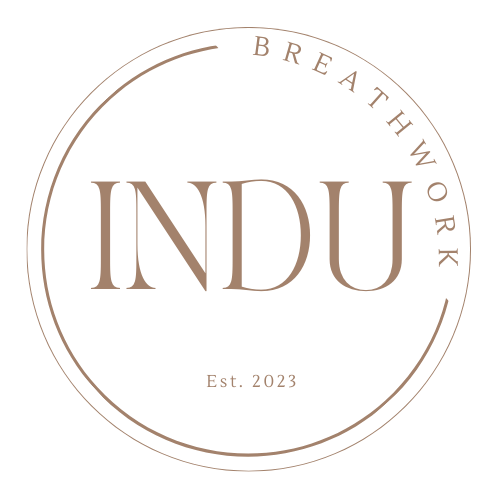Frequently Asked Questions
Are sessions still effective if they’re not in person?
Great question! Short answer - YES! Breath Journeys held via Zoom can be just as effective as face to face sessions.
What is Conscious Connected Breathwork?
Conscious Connected Breathwork is a powerful healing technique that uses the breath to access and release stored emotions and traumas. It is also an incredibly potent tool for personal growth and spiritual awakening.
What can I expect during a session?
The specific experience of a Conscious Connected Breathwork session will vary from person to person and session to session. However, in general, you can expect to lie down in a comfortable position and be guided to breathe in a specific way.
You may experience a range of emotions, physical sensations, and visions during the session. This is perfectly normal, and all experiences are welcome.
After the session, you may feel relaxed, energized, and clear-headed. You may also experience a sense of deep healing and transformation.
Who can benefit from Conscious Connected Breathwork?
Conscious Connected Breathwork can benefit people of all ages and backgrounds. It can be especially helpful for people who are struggling with:
Stress, anxiety, and depression
Trauma
Chronic pain
Sleep problems
Limiting beliefs
Spiritual disconnection
Is Conscious Connected Breathwork safe?
Conscious Connected Breathwork is generally safe for most people. However, it is important to consult with a doctor before starting any new breathing practice, especially if you have any underlying health conditions.
What are the contraindications for Breathwork?
While Breathwork is generally considered safe for most individuals, it is imperative you speak with your primary health care physician if you have any of the below conditions:
- Pregnancy
- Asthma (if asthmatic, bring inhaler to the session)
- Epilepsy
- Detached retina
- Glaucoma
- Uncontrolled high blood pressure (medicated, controlled high blood pressure is usually ok)
- Cardiovascular diseases (including prior instances of heart attacks)
- Past or present mental health disorders (manic disorder, bipolar disorder, schizophrenia, paranoia, psychotic episodes, depersonalisation, etc.)
- Strokes, seizures or other brain/neurological conditions
- A diagnosis or family history of aneurysms
- Use of prescription blood thinners
- Hospitalised for any physical injuries that are not fully healed
- Acute somatic & viral diseases
- Chronic obstructive pulmonary disease (COPD-II & COPD-III)
- Chronic diseases with symptoms of decompensation or terminal illness
- Individual intolerance of oxygen insufficiency
- Cancer, unless IHT is prescribed by your doctor
- Low impulse control
- Any other medical, psychiatric or physical condition that may impair or affect your ability to engage in any activities that involve intense physical &/or emotional release.
